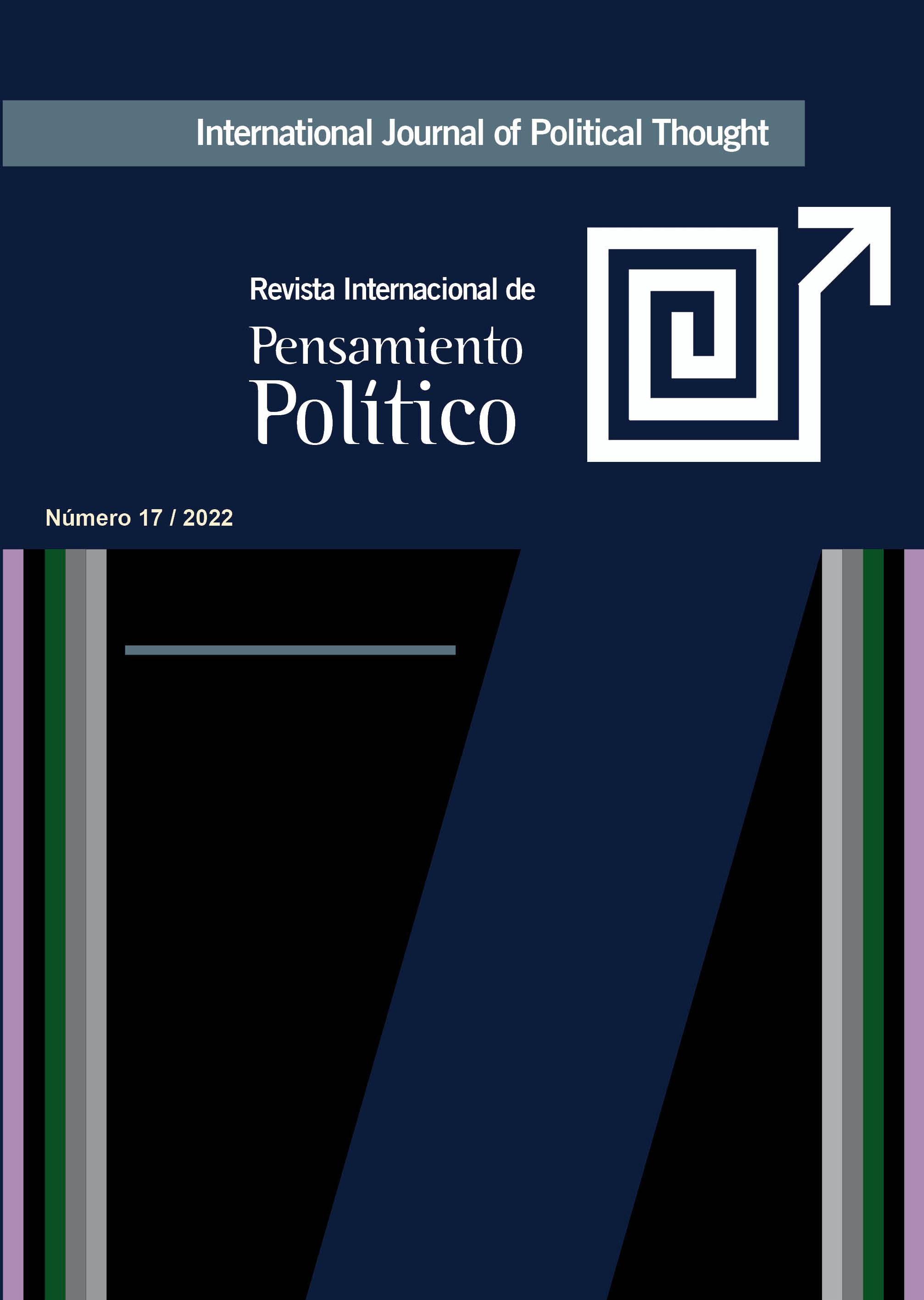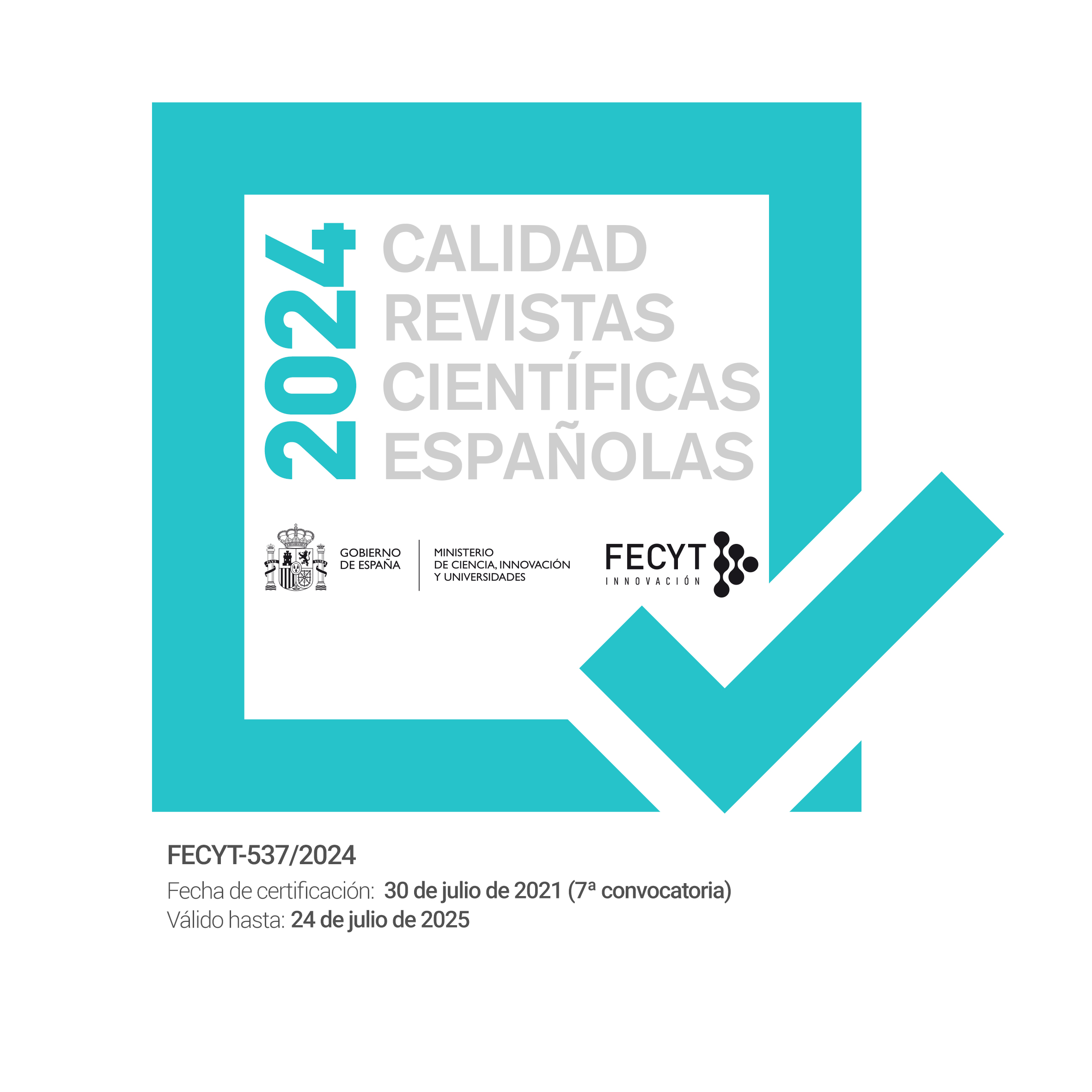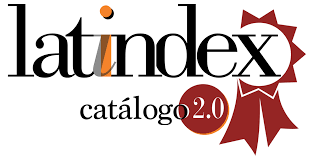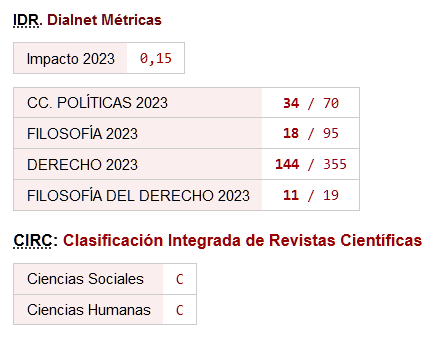Principles, Antinomies, Defeseability… Mysteries and Aporias of Neo-Constitutionalism and its Close Relatives
DOI:
https://doi.org/10.46661/revintpensampolit.7546Keywords:
Legal positivism, Iusmoralism, Principles , ConstitutionalismAbstract
Current legal theories that are contrary to legal positivism are necessarily associated with moral objectivism. They put true morality above positive legal norms and also above the constitution, and make true morality the authentic constitution. Since morality is the most important thing in the Law and morality is presented in the Law in the form of principles, there are no antinomies between the principles and there are no unfair legal principles.
Downloads
References
Alexy, R. (2007). Teoría de los derechos fundamentales, Madrid, Centro de Estudios Políticos y Constitucionales, trad. de Carlos Bernal Pulido.
Atienza, M., Ruiz Manero, J. (1996), Las piezas del Derecho, Barcelona, Ariel.
Ruiz Manero, J., (2018) “Rule of law y ponderación. Un límite de la ponderación y una insuficiencia de su teoría estándar”, en Juan Ruiz Manero, Juan Pablo Alonso (coords.), Imperio de la ley y ponderación de principios, Buenos Aires, Astrea.
Downloads
Published
How to Cite
Issue
Section
License
Copyright (c) 2022 Juan Antonio García Amado

This work is licensed under a Creative Commons Attribution-NonCommercial-ShareAlike 4.0 International License.
Open access policy
Free and open access is allowed to any interested party to all the contents of the journal issues, free of charge, being able to print and transfer all the articles, with the only condition of specifying the source and authorship.
The journal: a) does not charge authorship costs for the processing of articles or for their submission, b) maintains copyright for authors without restrictions, c) facilitates authors to keep their publication rights without limitations.
The International Journal of Political Thought is an original work of the Laboratory of Political Ideas and Practices of the Pablo de Olavide University. All articles included in the Journal are original work of their respective authors. This Journal is freely offered to the scientific and academic community at no cost and releases the contents according to the license "Attribution-NonCommercial-ShareAlike 4.0 CC BY-NC-SA" of the Creative Commons project available in the following url: https://creativecommons.org/licenses/by-nc-sa/4.0/legalcode
If you wish to translate or compile any of the articles available here, please contact us at contacto













 ISSN: 1885-589X
ISSN: 1885-589X  Universidad Pablo de Olavide
Universidad Pablo de Olavide